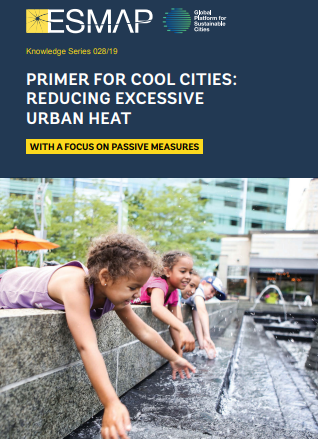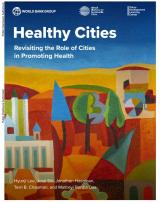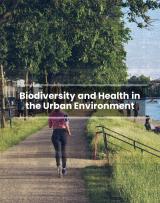
-
Country/City
World
-
Topics
Health, Climate Change, Water Management, Transport, Biodiversity
-
Published On
July 21, 2020
-
Author(s)
The World Bank
Cities are getting hotter as a result of growing urbanization and global climate change. The negative impacts of temperature increases are significant and touch nearly every aspect of urban life. Protecting populations from extreme heat is one of the key resiliency and sustainability challenges of the twenty- first century. Successfully implementing measures to cool cities will lead to many benefits, including for health, well-being, productivity, air quality, and energy systems.
Urban cooling solutions can be deployed in the short term to help mitigate the risk of rising urban air temperatures. This primer and its companion report, Cool City Case Studies: Reducing Urban Heat, provide practical, actionable guidance and examples for implementers, policy makers, and planners tasked with mitigating urban heat impacts.
| Download |



